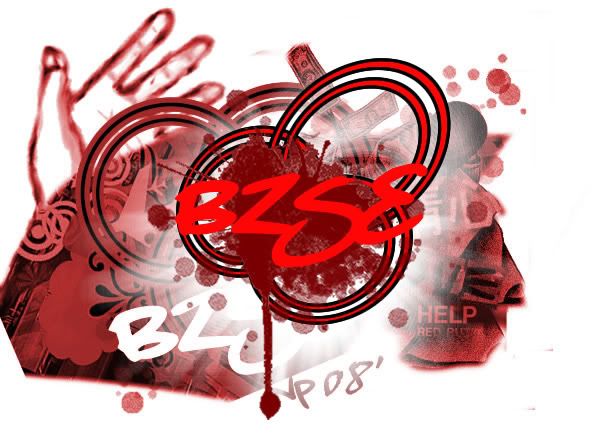Friday, May 21, 2010
Adeline's Post
An existing collborative project in Sri Lanka is the “New Beginnings for Children Affected by Violence and Conflict”. It is funded by USAID’s Displaced Children and Orphans Fund and implemented by Save the Children UK. The project operates in the northern (Jaffna district), southern (Matara, Hambantota, Galle districts), and western (Colombo, Kalutara, Gampaha districts) provinces of Sri Lanka.
The purpose of this project is to protect children affected by armed conflict and violence and those affected by the tsunami; assist young people in gaining safe access to family and government support; and enable children’s reintegration into community and society in Sri Lanka. The Departments of Probation and Child Care in three provinces has worked closely with Save the Children UK to support prevention, reunification, and alternative care interventions instead of simply institutionalize children at risk of separation.
This project started in 2004 and the USAID set aside $2,256,086 to fund this project aid. Sustainability may be an issue to a certain extent for this project. An example would be the 32 families that have been provided with economic support. Even with the funds, this project may not be able to provide economic or financial assistance to every family with reunified children for sustainability. In this aspect, the approach is not sustainable. However, the fact that the fund itself is used for this project and not for other purposes is effective. This is because the there will be no lack of political will or conditions present and attached to this aid that may cause meagre development grants in the end or mismanagement of the funds that will render it ineffective.
There were 1,440 follow-up visits conducted with previously reunified children. Other supports such as counselling, alcohol prevention and referral support to access other services were also provided to more than 190 families. This approach is effective as these supports provided can help the children and their families better. The project is also effective as it has also facilitated the formation of village committees to enhance and empower the community to proactively respond to child protection concerns.
An alternative care working group along with UNICEF and other key players were established. The group has had advocacy meetings with government officials and other organizations working in similar areas on key care issues. This is an effective way to seek help and increase help and care for the children and their families.
This project can help Sri Lanka in achieving the MDG Goals indirectly. Firstly, assisting children and young people in gaining access to family and government support will help in achieving MDG Goal 2 of achieving universal primary education and also help in achieving MDG Goal 6 of combating HIV/AIDS, malaria and other diseases. This is because putting children back with family and government support will allow them to be better taken care of. Education and healthcare can then be better provided by their families than if the children are institutionalized.
Resources: http://www.usaid.gov/our_work/humanitarian_assistance/the_funds/dcof/srilanka.html
We Loved12:13 PM





 April 2008 past
April 2008 past